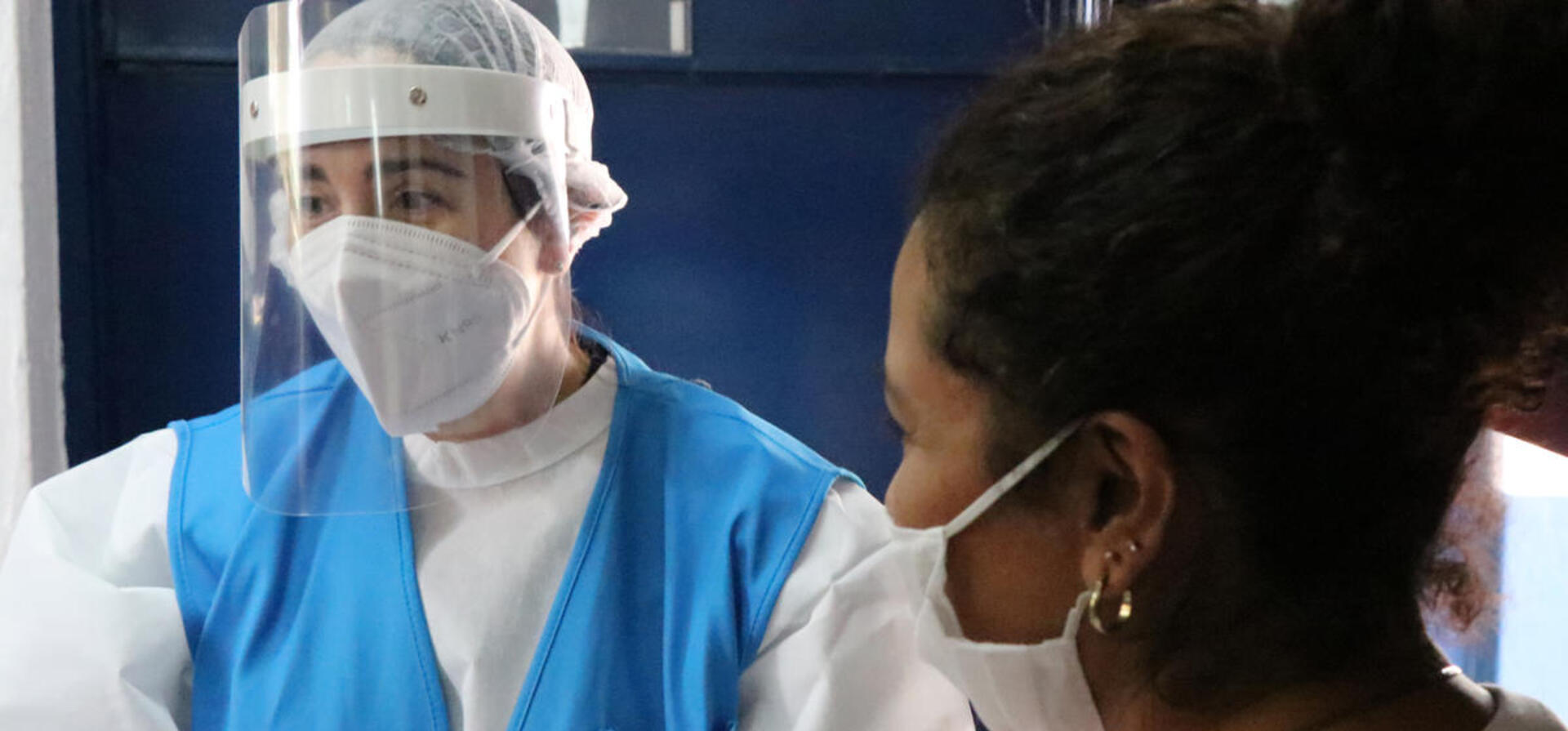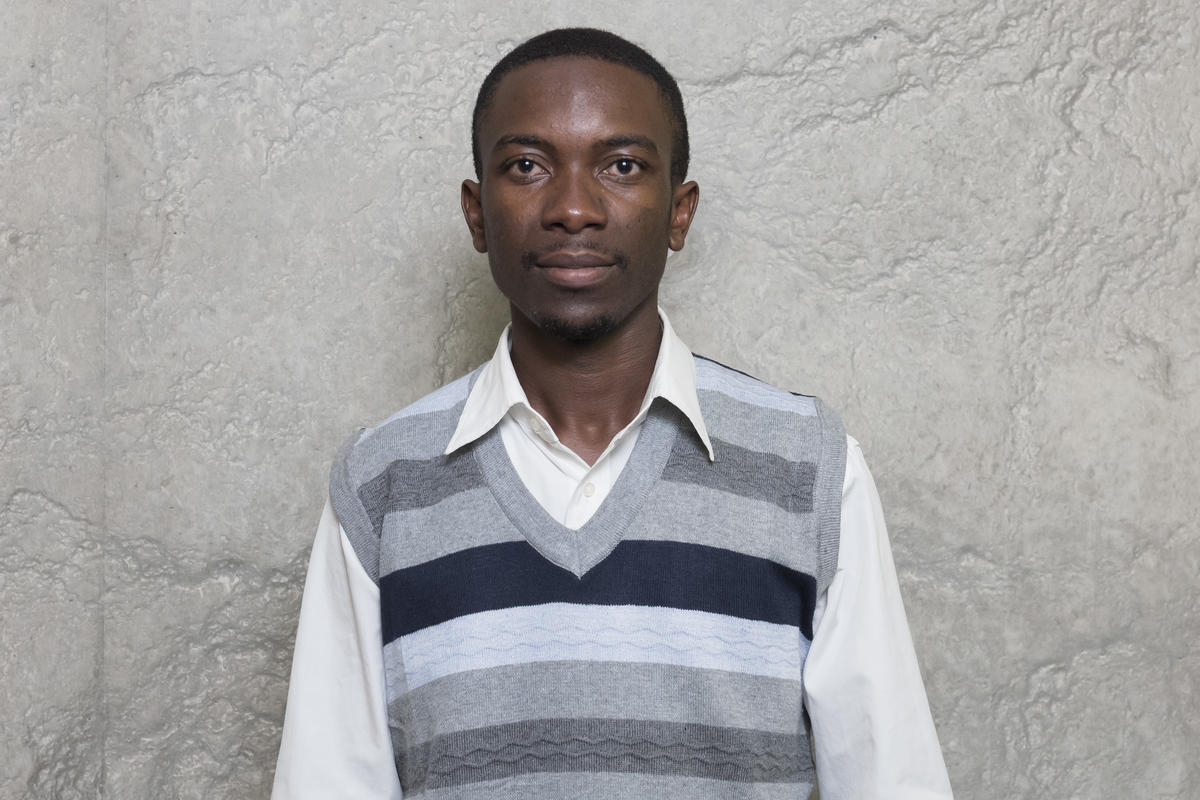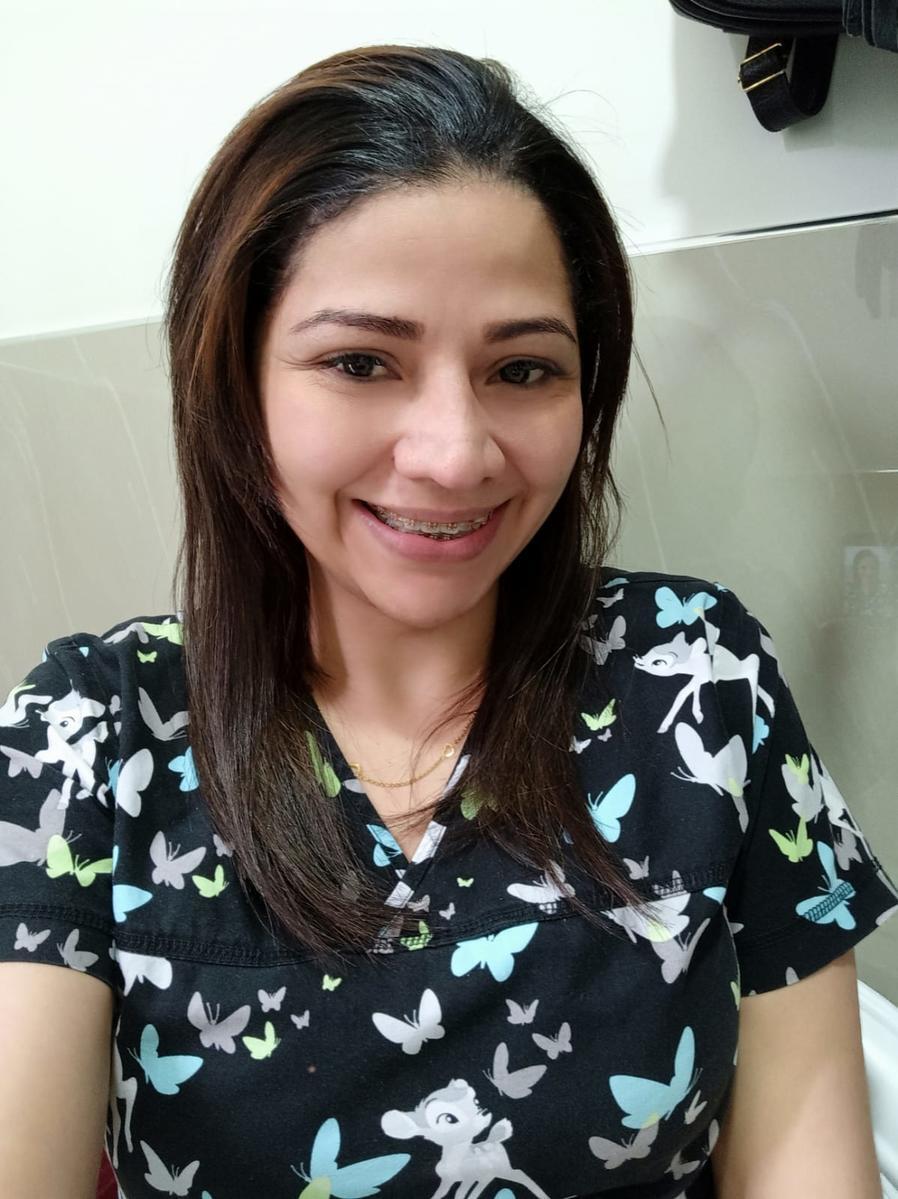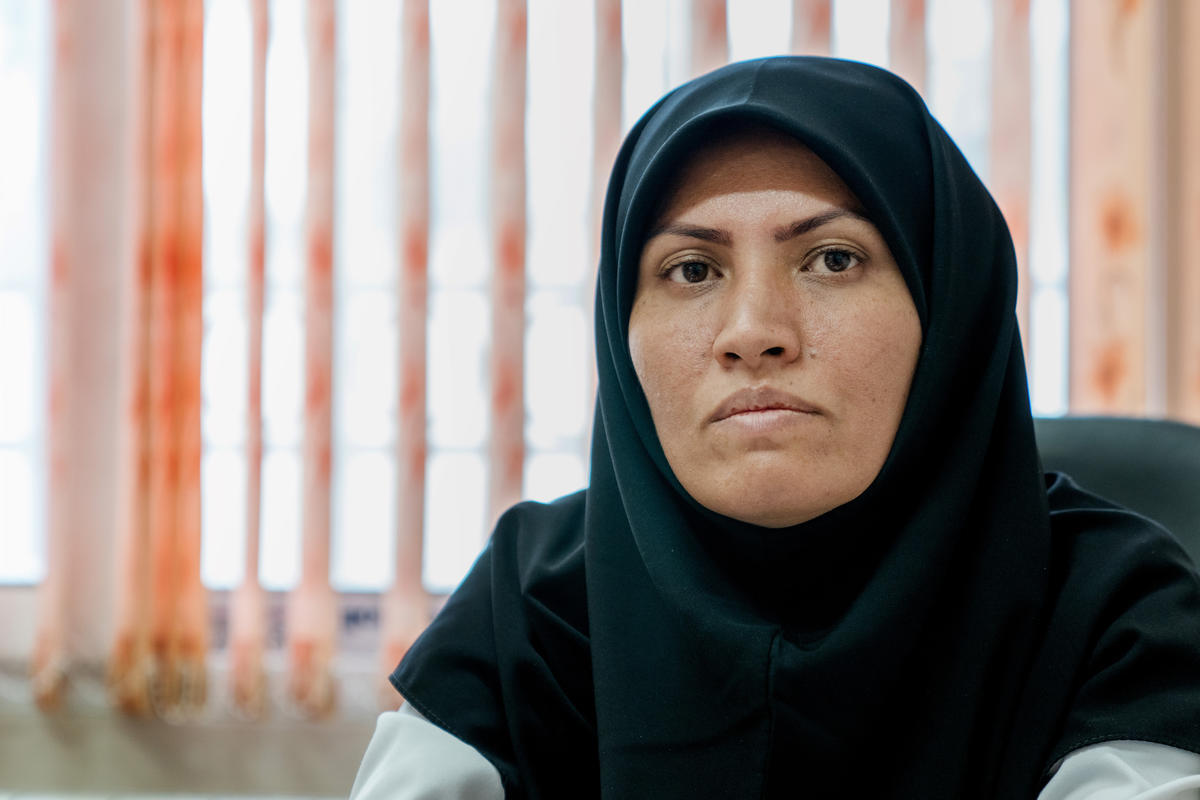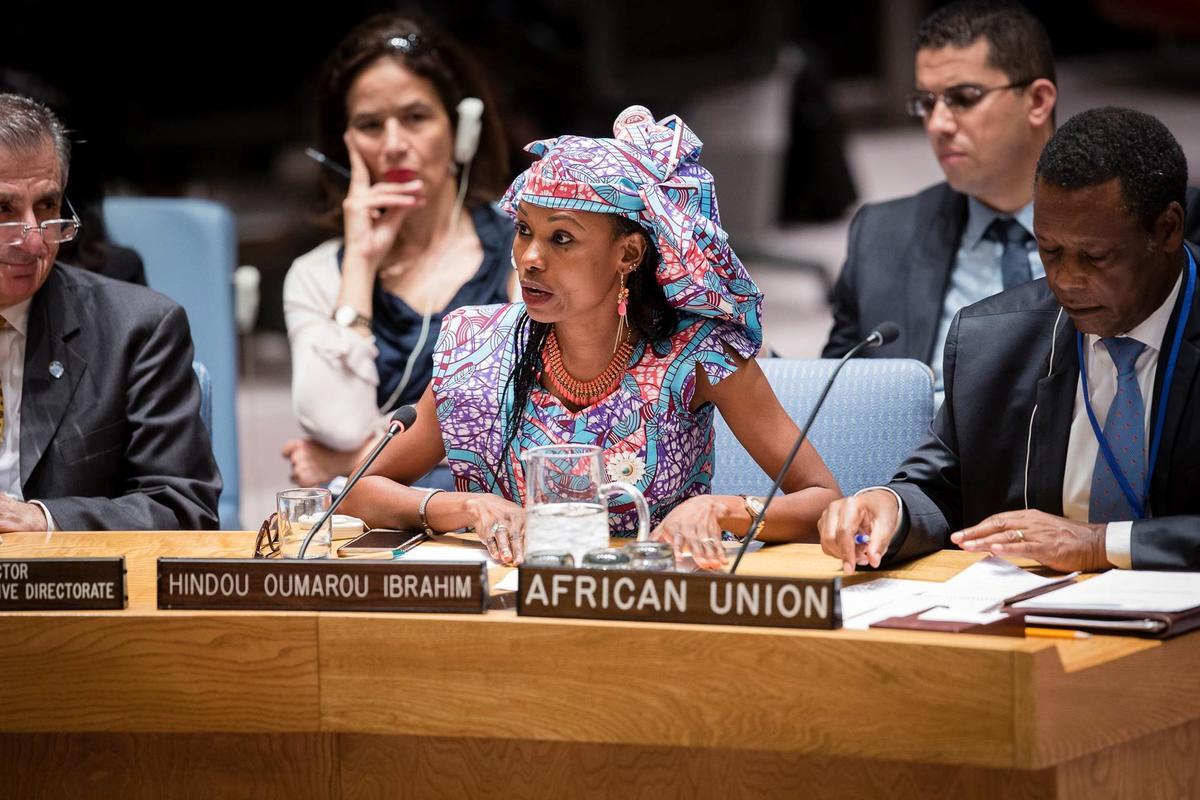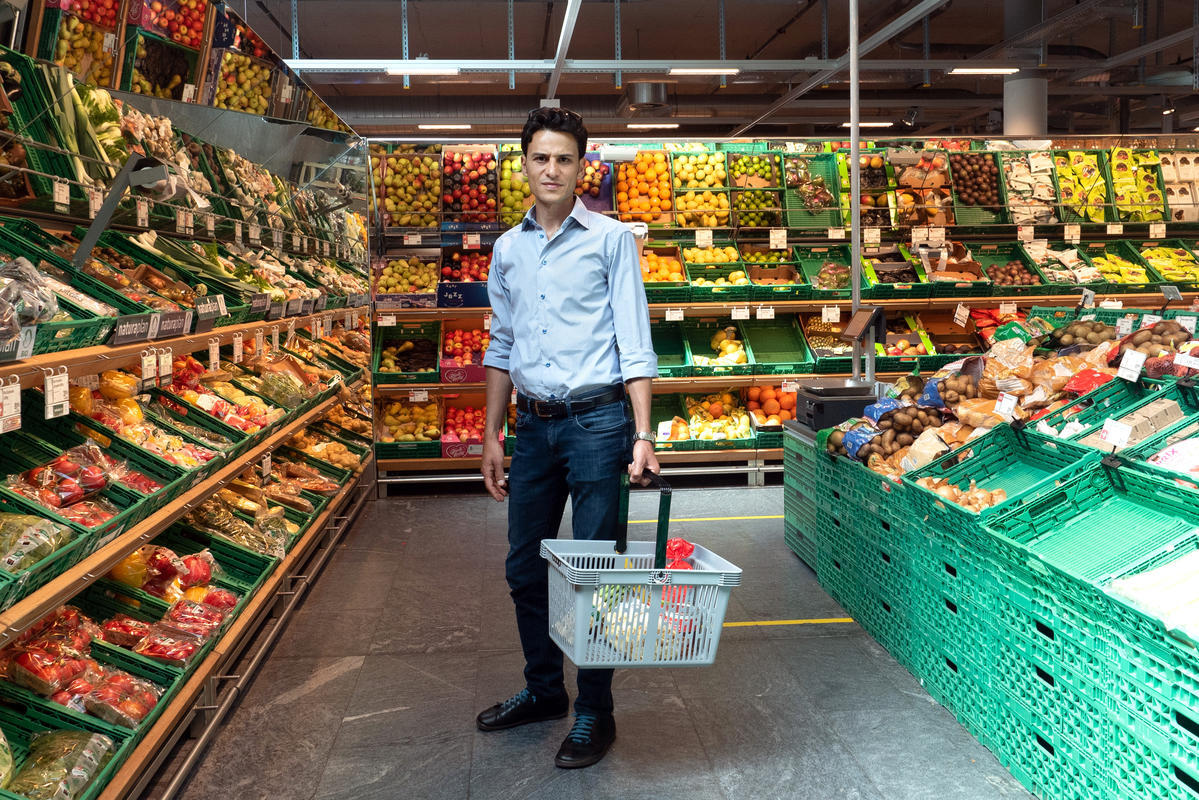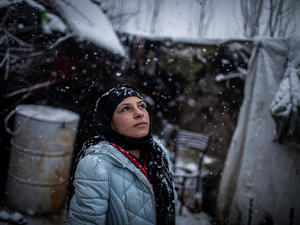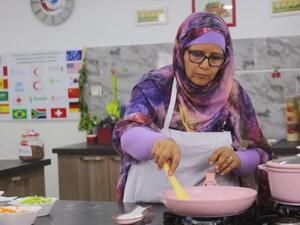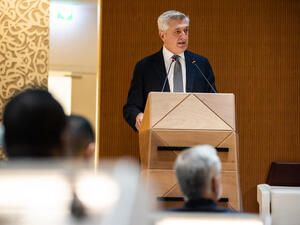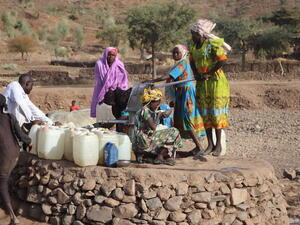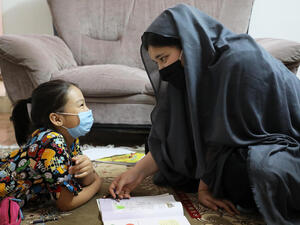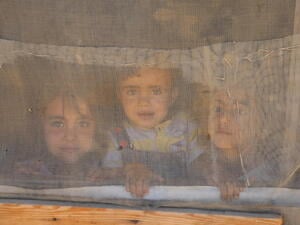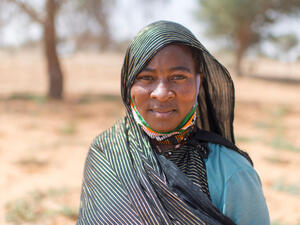'Give us a seat at the table and we'll change the world'
Refugees and others who have endured trauma, pain and adversity bring unique perspectives and solutions to the fight against the coronavirus and other challenges facing the world – including poverty, inequality and the negative effects of climate change – participants told UN High Commissioner for Refugees Filippo Grandi at the Dialogue on Protection Challenges.
“Give us a space at the table and we’ll change the world,” said Hindou Oumarou Ibrahim, an activist from Chad who advocates for environmental justice and the rights of Indigenous Peoples.
Established in 2007, the High Commissioner’s Dialogue facilitates an exchange of views between refugees, governments, civil society, the private sector, academics and international organizations on emerging challenges in humanitarian protection. This year it is being held virtually over the next seven weeks – with a focus on how the COVID-19 pandemic affects displaced and stateless people.
Grandi said the pandemic has given the world an “accelerated lesson” on the benefits of inclusion. Most countries, he said, immediately realized the importance of including refugees and other vulnerable populations in their initial response to the pandemic so they could contain the spread of the virus, which has killed more than 1.1 million people globally.
The virus has had devastating socio-economic effects, creating a “pandemic of poverty” that could last for generations unless governments continue to invite the most vulnerable populations to contribute to and benefit from plans to rebuild. The virus arrived at a time when the world already faces a series of crises, such as inequality, poverty, a climate emergency and growing xenophobia, the High Commissioner said.
"We live in a very, very unpredictable context,” said Grandi. “We need to be prepared for future emergencies.”
Hindou, the activist from Chad, was one of six panellists who joined the High Commissioner in today’s discussion. The others were Fezzeh Hosseini, an Afghan refugee and practicing physician living in Iran; community activist Nhial Deng, who lives in Kenya’s Kakuma refugee camp; Barthelemy Mwanza Ngane, a Congolese refugee and member of UNHCR’s Global Youth Advisory Council; Shadi Shhadeh, a Syrian activist and refugee living in Switzerland; and Carmen Alejandra Parra, who fled Venezuela and now lives and practices medicine in Peru.
Each speaker shared their experiences of working on the front lines of the coronavirus pandemic and emphasized the importance of drawing on the skills and knowledge of refugees and the stateless in times of crisis.
"As a refugee I started to immediately think ... of those who are injured in the hospital ... but will have nowhere to go.”
Shadi, who studied law at Damascus University before fleeing Syria in 2011, recalled feeling a sense of shame when he first sought asylum. Serving others, he said, helped restore his sense of dignity. When the coronavirus first struck, he delivered food and other essential items to people who could not leave their homes. In August, after the blasts in Lebanon that killed over 200 people and destroyed or damaged the homes of 300,000 others, he and other refugees raised US$30,000 for the relief effort.
“As a refugee I started to immediately think of those who lost their homes – those who from one second to another have no place to sleep at night, those who are injured in the hospital who will leave in a week but will have nowhere to go.”
A physician by training, Carmen waited tables and worked as a salesperson after seeking refuge in Peru. Her life turned around when she entered a pilot programme supported by UNHCR that helps Venezuelan doctors get accredited – typically a long and costly process. She has since served on the frontlines of Peru’s COVID-19 response. Carmen urged states to support lawyers, engineers and others who wish to serve their new community.
“Maintaining support is fundamental for professionals like me,” she said.
Fezzeh, who runs a medical centre, spoke of her battle against disinformation during the pandemic and other speakers agreed that rumours and falsehoods pollute much of the work they do on the frontlines of COVID-19 and in other areas. Internet connectivity, dissemination of information in multiple languages and tapping community members to act as information “ambassadors” were essential to dispelling harmful myths, they said.
A free hotline in Kakuma, for example, allows people to report COVID-19 rumours that are then subjected to fact checking, Nhial said. “Misinformation has been a challenge all over the world, and that is the same in refugee camps.”

